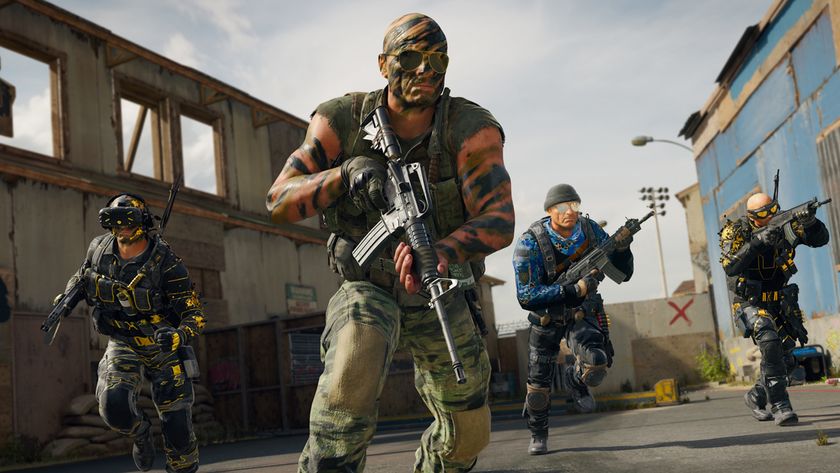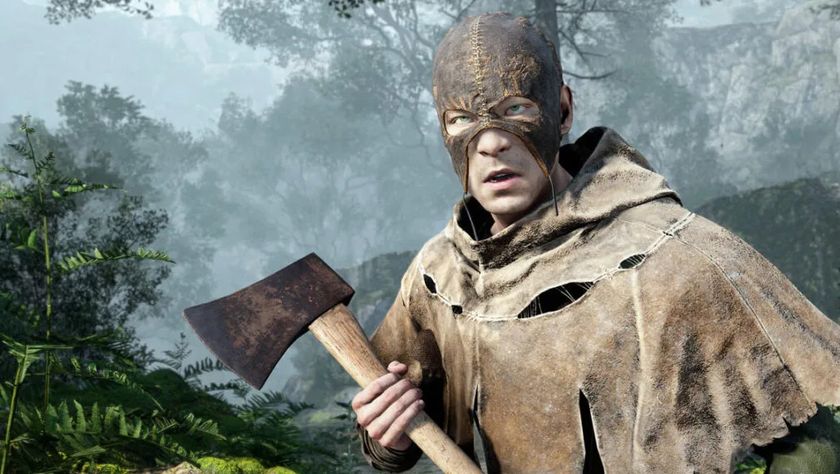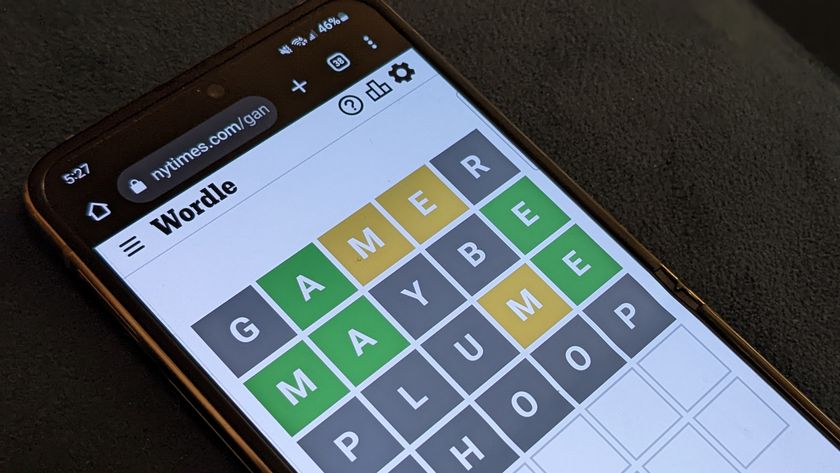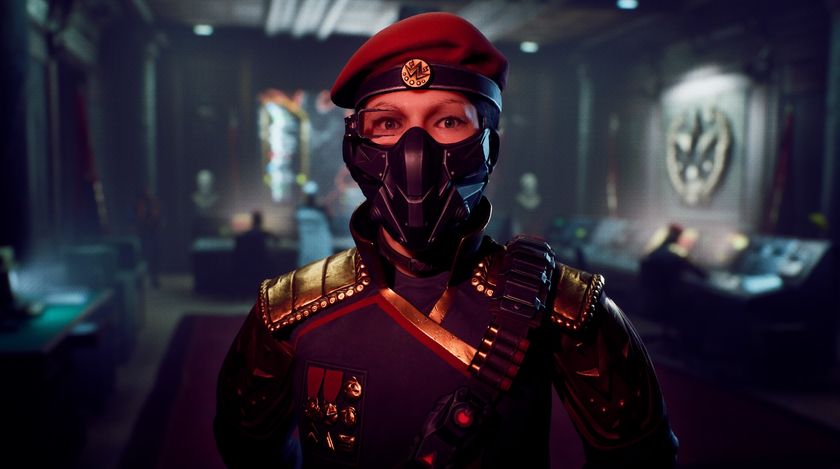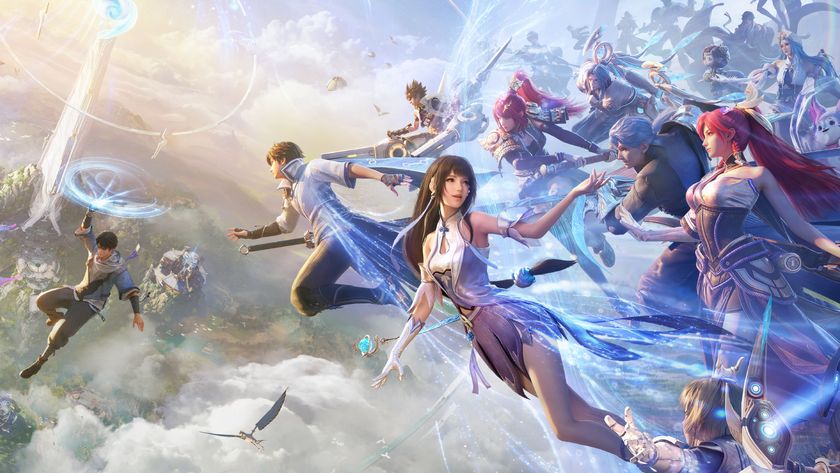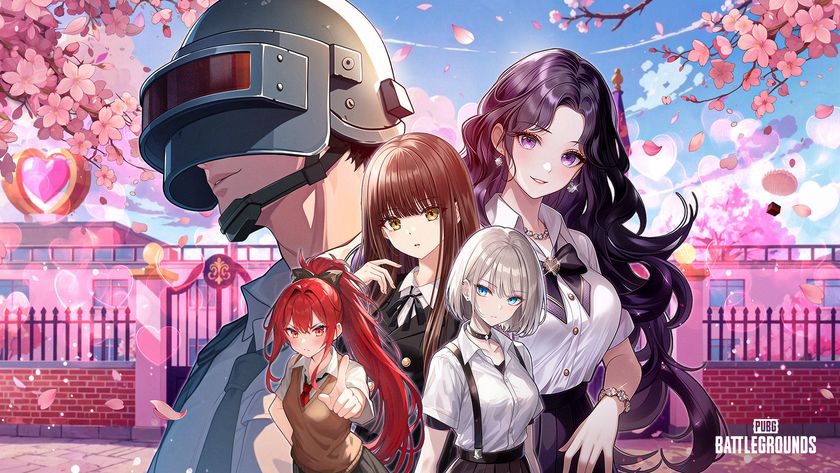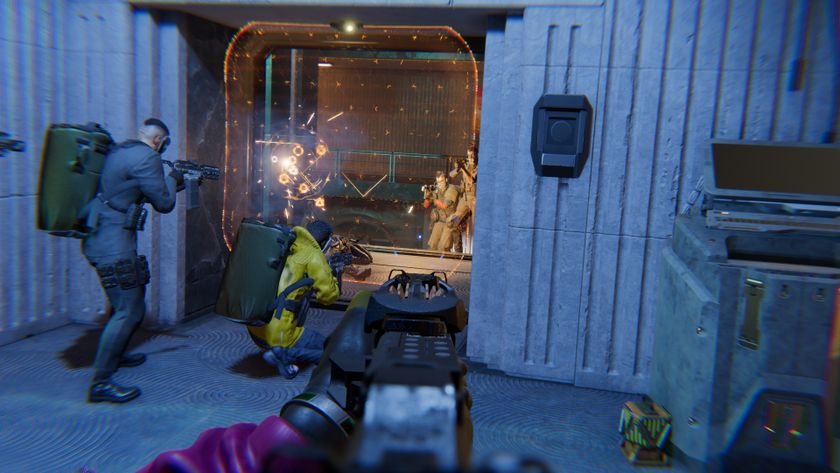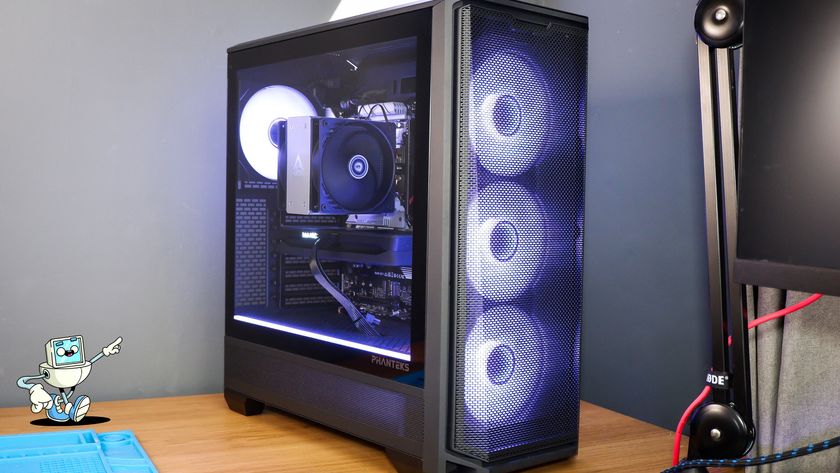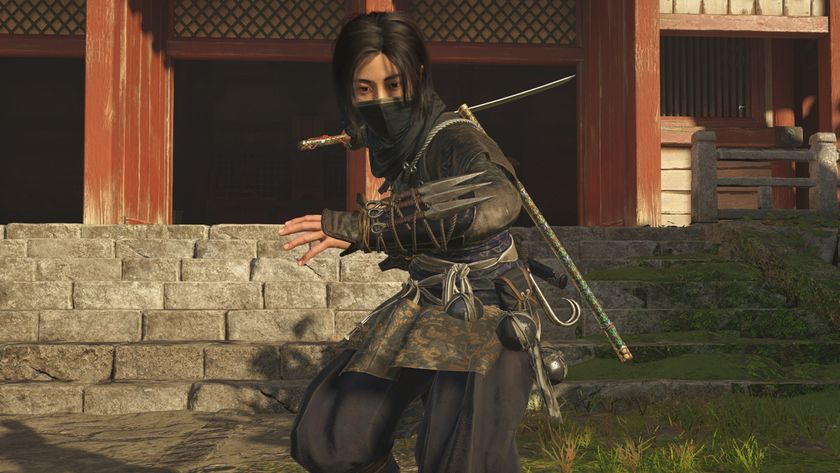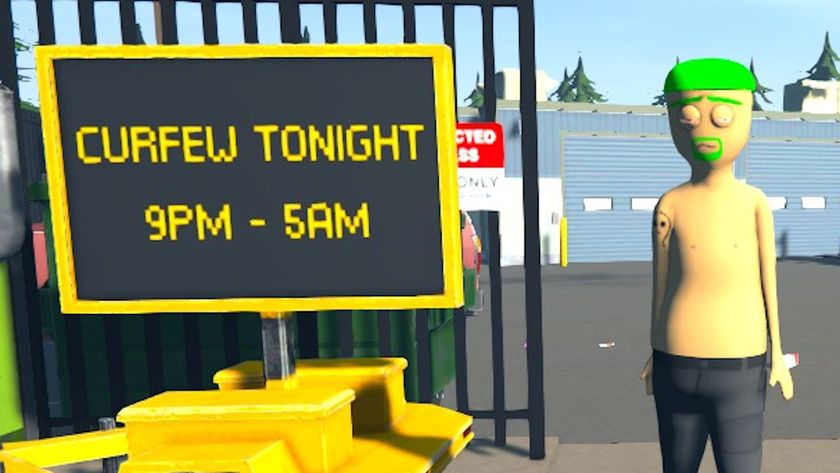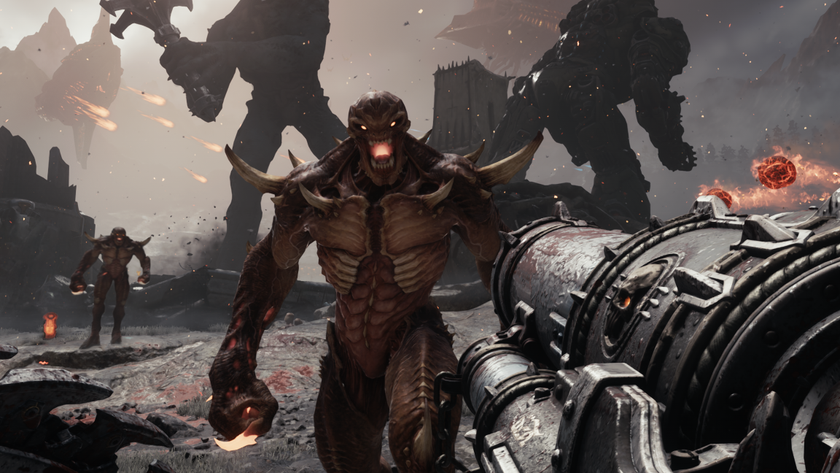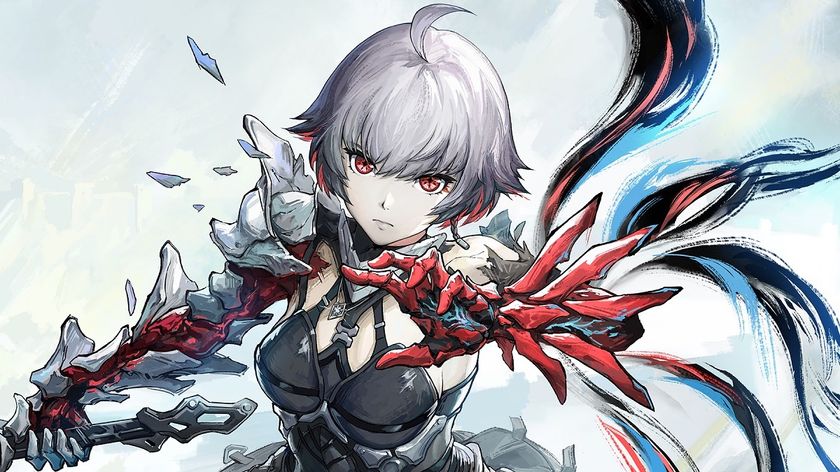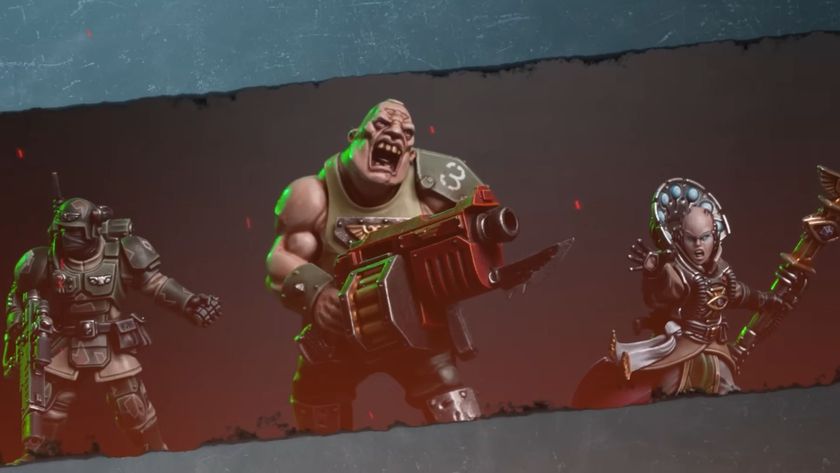3v3 is one of the best things about Overwatch
You're missing out if you're not playing this part of the Arcade.
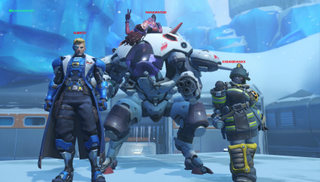
I am a lifelong hater of novelty modes in FPSes. I roll my eyes whenever a Call of Duty or some second coming of the arena shooter tries to reinvent capture the flag. Adding modes usually just fragments a playerbase—if CS:GO, Dota 2, and League of Legends have proved anything in the past few years, it's that depth in a single format is all you need.
But Overwatch's 3v3 format has broken my moratorium. It's almost exclusively how I play Blizzard's FPS right now, and I'll tell you why.
It's intense (but funny)
The 3v3 elimination format—one life per round—changes the complexion of Overwatch's combat. No one wants to be the first to die, and you probably have a single healer at most, so everyone's playing cautiously. There's a lot more peeking around corners and feinting maneuvers. You're continually looking for openings, moments of opportunity to strike while circling one another. It's much more of a dance.
Moments of comedy balance the seriousness of 3v3.
As a DPS, I'm just trying to be net-positive on damage output. If I take a hit, that means I have to put two hits into the other guy: quick play and competitive Overwatch don't have this kind of intense, sustained focus on damage efficiency. And when someone on your team dies, there's a rush of panic—you have to even the odds now, before your opponents can retreat, regroup, or heal.
The map does a lot of the work. Ecopoint: Antarctica is compact, semi-symmetrical, but with enough nooks to make hiding occasionally viable. It has a good flow: raised platforms make room for early-match dueling and feeling-out, but the side rooms and ramps facilitate flanks, escapes, and baiting.
Moments of comedy balance the seriousness of 3v3. I love watching a Sombra or a Tracer try to elude elimination by themselves, or when someone picks Symmetra and somehow lures someone into their turret nest. Duels are often awkward or messy because a lot of players are still grasping how to fit their existing techniques into this format.
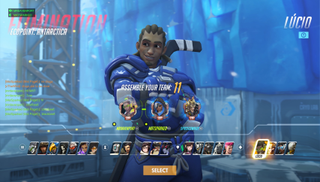
There's strategic depth
You just lost the first round in a best-of-five. Do you stick to your main, or do you try and cancel out their Genji? If they're running Pharah and Mercy, should you go Soldier 76 or McCree? Or will they counter your counter by changing their team comp? You've got 15 seconds to decide.
The biggest gaming news, reviews and hardware deals
Keep up to date with the most important stories and the best deals, as picked by the PC Gamer team.
Counter-picking is a big part of 3v3, and I love the chess match that can develop. Because you can't swap characters mid-round, you have to make an educated guess about what you'll be facing when you pick a hero. It's a format that encourages experimentation and selflessness in order to gain the advantage.
Outside that metagame, ultimate abilities factor in much less often in 3v3, which puts the focus squarely on dueling, positioning, and protecting yourself. Then again, some of my favorite rounds are when Mercy's in play, where you have to account for the possibility of her reviving dead teammates. When Mercy revives a team in competitive Overwatch it's often a big play, but in 3v3 it's an emotional 180, a Q that erases failure and flips the round on its head.
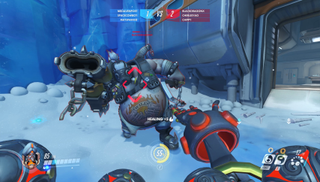
It's over quickly
As I get older I gain greater appreciation for games that respect my time. A 3v3 match will probably run you seven or eight minutes, slightly longer than a Rocket League match. And actually, solo-queuing into 3v3 reminds me a lot of Rocket League. You have to assign roles, create chemistry, and understand the tendencies of your teammates in the span of a few minutes, as you're being shot at. It's a context where communicating well and not blaming your tank can be as valuable as being a great Genji. Even when the result is sour, it's forgotten quickly.

Evan's a hardcore FPS enthusiast who joined PC Gamer in 2008. After an era spent publishing reviews, news, and cover features, he now oversees editorial operations for PC Gamer worldwide, including setting policy, training, and editing stories written by the wider team. His most-played FPSes are CS:GO, Team Fortress 2, Team Fortress Classic, Rainbow Six Siege, and Arma 2. His first multiplayer FPS was Quake 2, played on serial LAN in his uncle's basement, the ideal conditions for instilling a lifelong fondness for fragging. Evan also leads production of the PC Gaming Show, the annual E3 showcase event dedicated to PC gaming.
